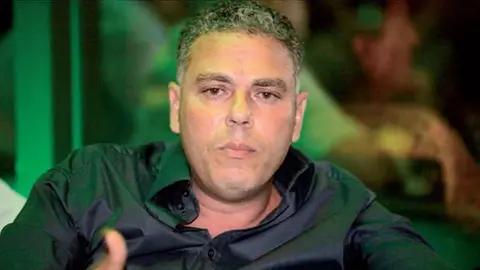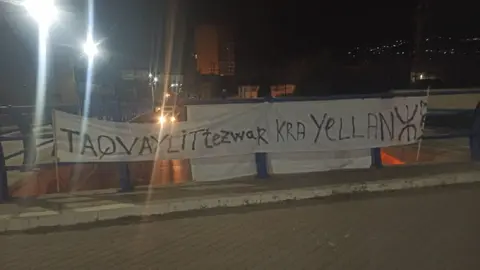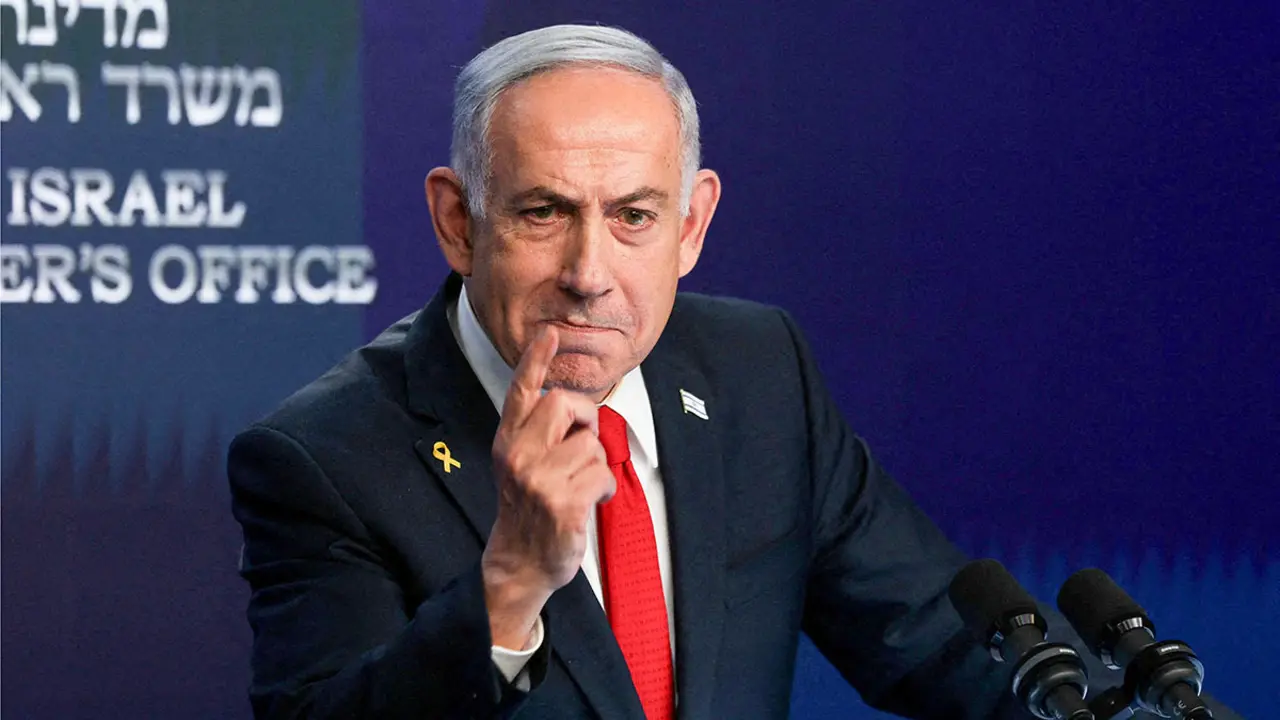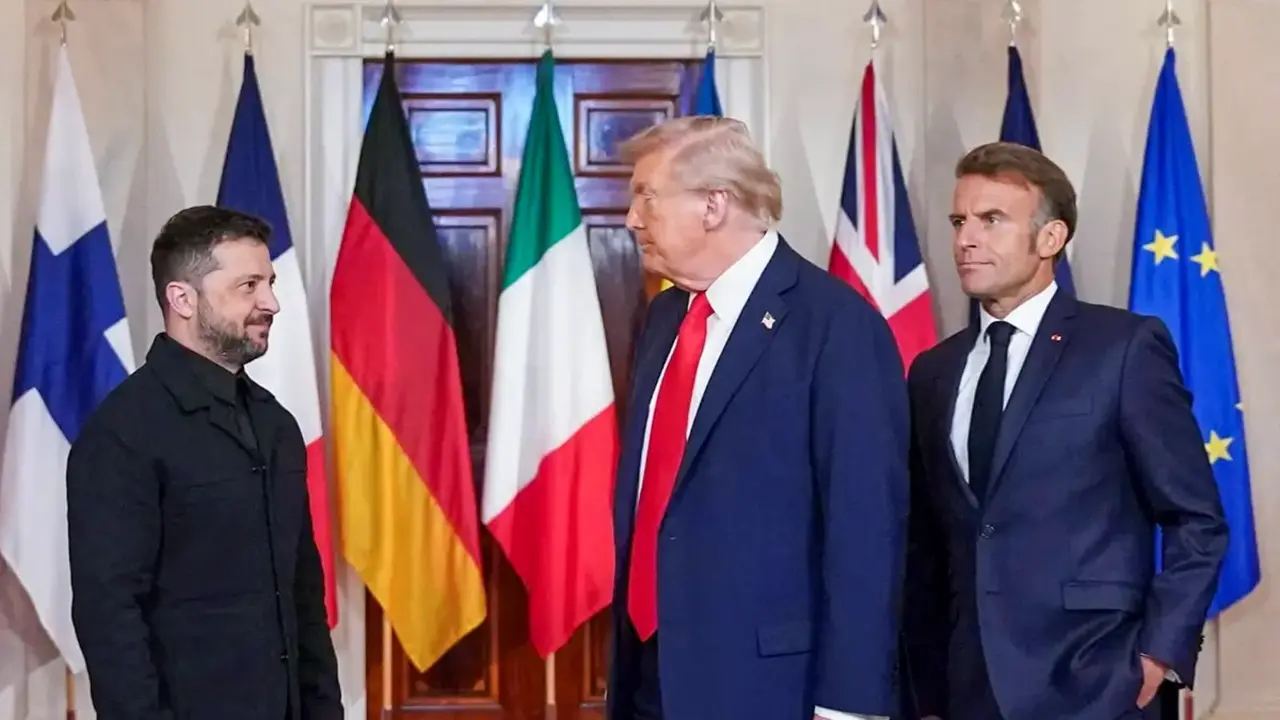Early presidential elections: An Algerian-style military coup
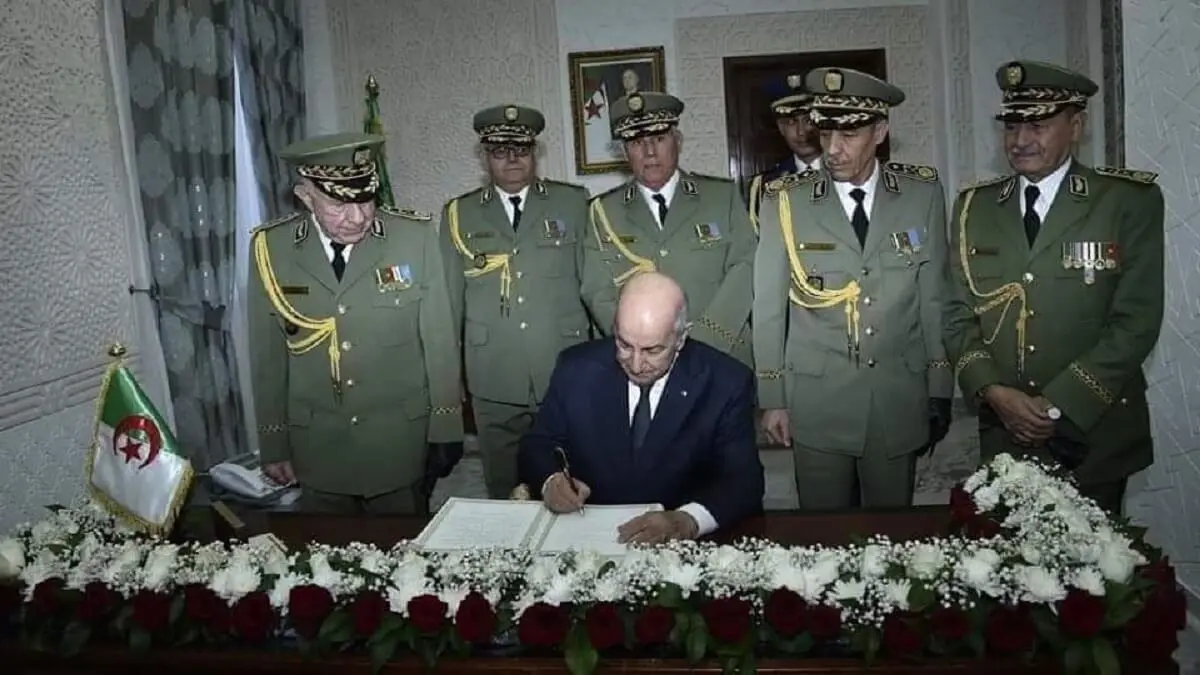
The communiqué was picked up by all Algerian media without the slightest comment or analysis. As usual, the numerous public and private television channels (27 in total) did not open the slightest debate on the subject. As if it were a non-event. And yet it is a presidential election that is eagerly awaited.
- All done unconstitutionally
- Resignation: the military coup made in Algeria
- The only military coup d'état accepted as such
The idea of shortening the mandate of the current occupant of the El-Mouradia palace would not have occurred to even the most informed observer of Algerian political life. The day before the decision was announced, sycophants began calling on Tebboune to run for a second term. As if the decision belonged to him.
The day before, President Tebboune received at the presidential palace a delegation from the Council for the Renaissance of the Algerian Economy (Conseil de la Renaissance de l'Economie Algérienne), which is nothing more than the employers' organisation, and the presidents of two political party leaders, who have no roots in society and whose role is limited to supporting the president as long as he enjoys the favour of the military. Also the day before, a small number of military officers, known as "shadow leaders", met in conclave to study ways of blocking Abdelmadjid Tebboune's path to a second term in office. The information was given by yours truly the same evening on his YouTube channel.
All done unconstitutionally
The announcement of the decision to hold early presidential elections came at the end of the meeting of a committee that has nothing to do with the constitution. The committee was composed of the chairmen of the Council of the Nation, the National People's Assembly, the Constitutional Court, the Prime Minister, the Chief of the General Staff of the National People's Army, the Director of the Private Office of the President of the Republic, the Minister of the Interior and Local Authorities and the Chairman of the Independent National Electoral Authority. According to the press release of the Presidency of the Republic, the meeting was "devoted to studying the preparations for the upcoming presidential elections".
An unprecedented event. Previous resignations of Algerian presidents have been made either by a solemn announcement by the president himself, or by a press release announcing that the president of the Republic had submitted his resignation to the president of the Constitutional Council (as in the case of Chadli Bendjedid in 1992 and Abdelaziz Bouteflika in 2019), or in an impromptu televised speech announcing the decision to shorten his term of office (as in the case of Liamine Zeroual in September 1998).
Of the six elected presidents who have succeeded each other at the helm of the Algerian state since independence in 1962, four have resigned or been forced to resign by behind-the-scenes decision-makers.
Resignation: the military coup made in Algeria
Chadli Bendjedid, elected on 9 February 1979, opened the ball of resigning presidents on 11 January 1992 under pressure from the generals known as "the Janierists", who deliberately violated the constitution by setting up a High State Committee to continue Chadli's term of office. A committee at whose head they placed Mohamed Boudiaf, a veteran of the nationalist movement and one of the founders of the FLN that launched the war of national liberation on 1 November 1954. After 28 years of exile in Morocco, this historic figure, once exiled and forgotten by history, was called upon to come to the rescue of an Algeria on the verge of sinking into obscurantism.
Six months later, he was assassinated in public in front of the television cameras by M'barek Boumarafi, a second lieutenant of the DRS (Department of Intelligence and Security) led by General Mohamed Mediene, alias Toufik, in a room of the Palace of Culture in Annaba (600 km east of Algiers), while he was giving a speech. President Boudiaf was not accompanied by any ministers during his visit to Annaba. Not even the Minister of the Interior, who was none other than General Larbi Belkheir, the real architect of the "hidden power", the cornerstone of the Algerian political system. The act was premeditated.
The second elected president to resign was General Lamine Zeroual. Retired from his retirement, which he had been spending peacefully in his hometown of Batna in the Aurès region, he was appointed Minister of National Defence on 10 July 1993. Six months later, on 30 January 1994, he was appointed president of the state for a three-year term. No elections were held. He shortened his term as president by calling the first multi-party elections in Algeria. The "shadow leaders" pushed him, at the last minute, to stand as a candidate in these presidential elections, which were held on 16 November 1996. He won the election in the first round with 61.3% of the vote. This was the lowest result of any presidential election ever held in Algeria.
Liamine Zeroual, who could no longer put up with the machinations of the "black cabinet" generals and their pressure to limit his prerogatives, announced in a presidential speech that early presidential elections would be organised.
Abdelaziz Bouteflika, Liamine Zeroual's successor, resisted all pressures and eventually shattered the Black Cabinet. He surrounded himself with a new team of generals, including General Ahmed Gaïd Salah, whom he made wear two hats. He made him wear two hats: chief of army staff and deputy minister of national defence. He gave him full powers over the army.
And it was this military man who had sworn loyalty and allegiance to Bouteflika for fifteen years who, on the night of 2 April 2019, appeared at the presidential residence in Zéralda, accompanied by the president of the Constitutional Council, to force him to resign before sending his younger brother Saïd Bouteflika to military prison.
Abdelaziz Bouteflika did not escape the rule of Algerian-style military coups: resignation. So did his successor, Abdelmadjid Tebboune, despite his docility towards the military.
The only military coup d'état accepted as such
Ahmed Benbella and Houari Boumediene are the only two presidents of independent Algeria who did not resign under duress. The former was overthrown by the latter in a military coup d'état in the full sense of the term. On the night of 18-19 June 1965, Colonel Tahar Zebiri, whom Benbella had just appointed Chief of Army Staff without the knowledge of Colonel Houari Boumediene, Vice-President of the Governing Council and Minister of National Defence, knocked on the door of the room occupied by the President of the Republic in the Villa Joly, opposite the Palais du Peuple, where his presidential office was located.
After two and a half years in power, Ahmed Benbella was removed from office and spent 13 years in solitary confinement in Holden Castle in Douera, a town a stone's throw south of Algiers.
Following his coup d'état, which he described as a "revolutionary recovery", Houari Boumediene dissolved the National Assembly and froze the activities of the National Liberation Front party, transforming it into a party apparatus with no power or influence over political decisions. He also froze the Constitution, declaring that "revolutionary legitimacy" replaced "constitutional legitimacy". A Revolutionary Council of 28 officers from the ranks of the National Liberation Army, under the chairmanship of Houari Boumediene, would collectively run the country's affairs. Houari Boumediene was not elected president of the Republic by universal suffrage until 10 December 1976. He died two years later, on 27 March 1978, in the Mustapha Bacha hospital in Algiers, of an illness that remains a real enigma to this day.
Apart from the first two elected presidents, the other four were removed from office by shadowy military officers who did not dare to take responsibility for their actions or take power openly. They have always acted as puppeteers, manipulating puppets at will behind the curtain. All the while denying the people the right to freely and democratically elect their president and parliament. In other words, they deny the Algerian people the right to self-determination. This sacred right they claim for others, including a handful of unrepresentative mercenaries, only to serve as an eternal alibi for hostility towards neighbouring Morocco. With the sole aim of consolidating their power by appealing to an external threat.


